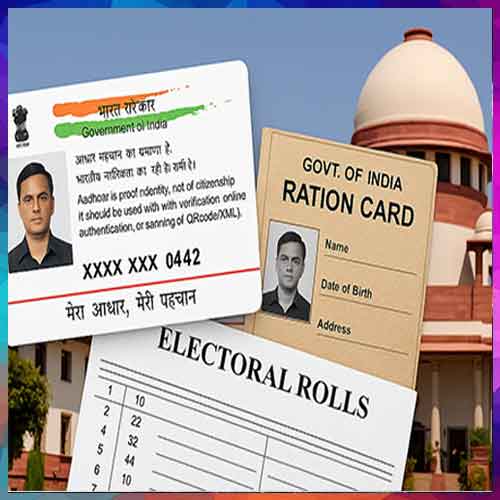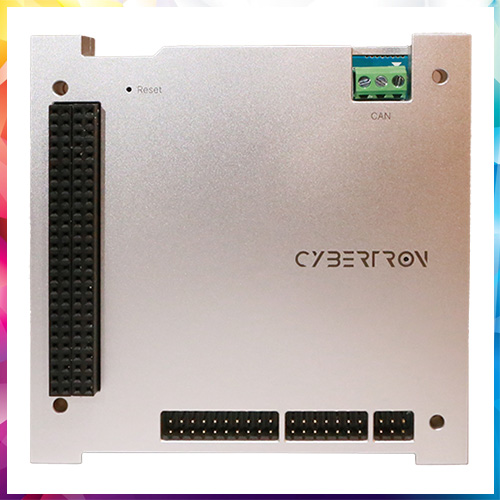
Aadhaar, once a cornerstone of digital identity, faces limitations in India's electoral system. The Election Commission of India (ECI) has informed the Supreme Court that neither Aadhaar nor ration cards are sufficient as standalone proof of voter eligibility, including during the Special Intensive Revision (SIR) of electoral rolls in Bihar.
The ECI emphasizes that while Aadhaar provides a unique identity, it does not confirm citizenship. This distinction is crucial, as Article 326 of the Constitution mandates Indian citizenship for voting. The ECI's stance is supported by High Court rulings, such as Rani Mistri v. State of West Bengal, and by a statutory disclaimer on Aadhaar cards issued after January 2024, explicitly stating: "Aadhaar is not proof of citizenship."
Ration cards were also deemed inadequate due to widespread instances of fake or temporary issuance. While both Aadhaar and ration cards can serve as supplementary identification, they cannot be used to determine fundamental voter eligibility.
The Commission clarified that Aadhaar numbers collected in Bihar are solely for identity verification under Section 23(4) of the Representation of the People Act, 1950. The ECI dismissed concerns about potential disenfranchisement, reaffirming its dedication to maintaining an accurate and inclusive electoral roll, ensuring only eligible citizens vote.
See What’s Next in Tech With the Fast Forward Newsletter
Tweets From @varindiamag
Nothing to see here - yet
When they Tweet, their Tweets will show up here.



























